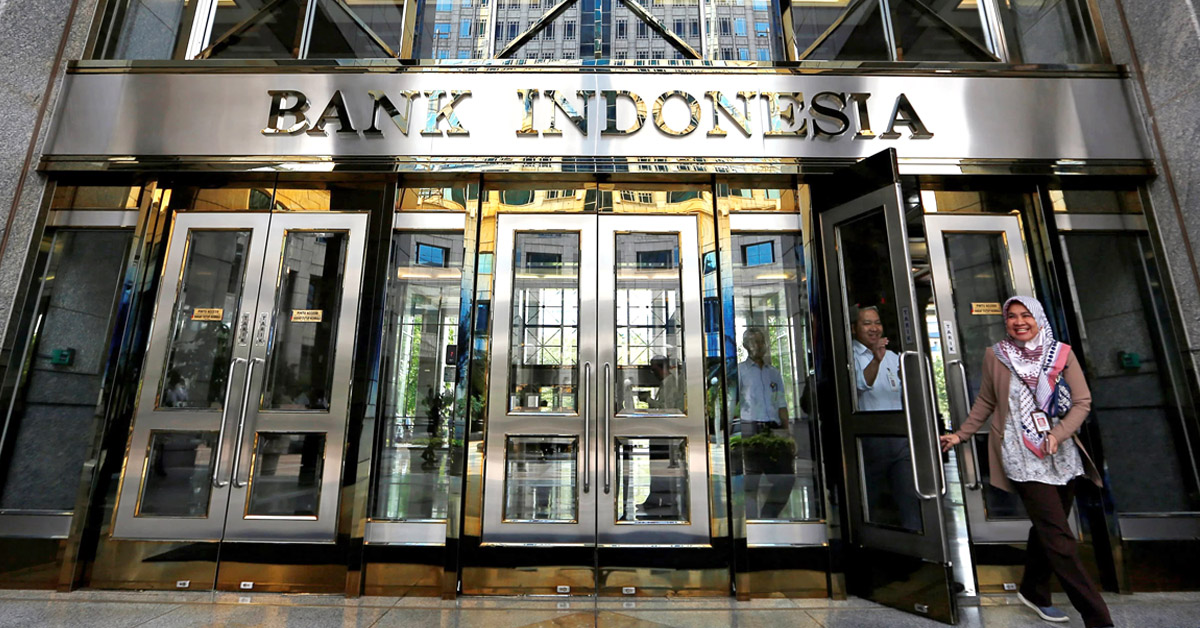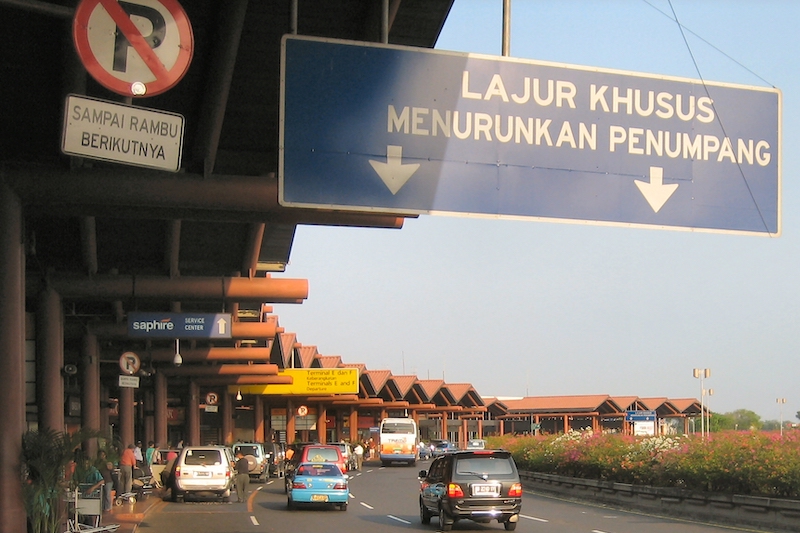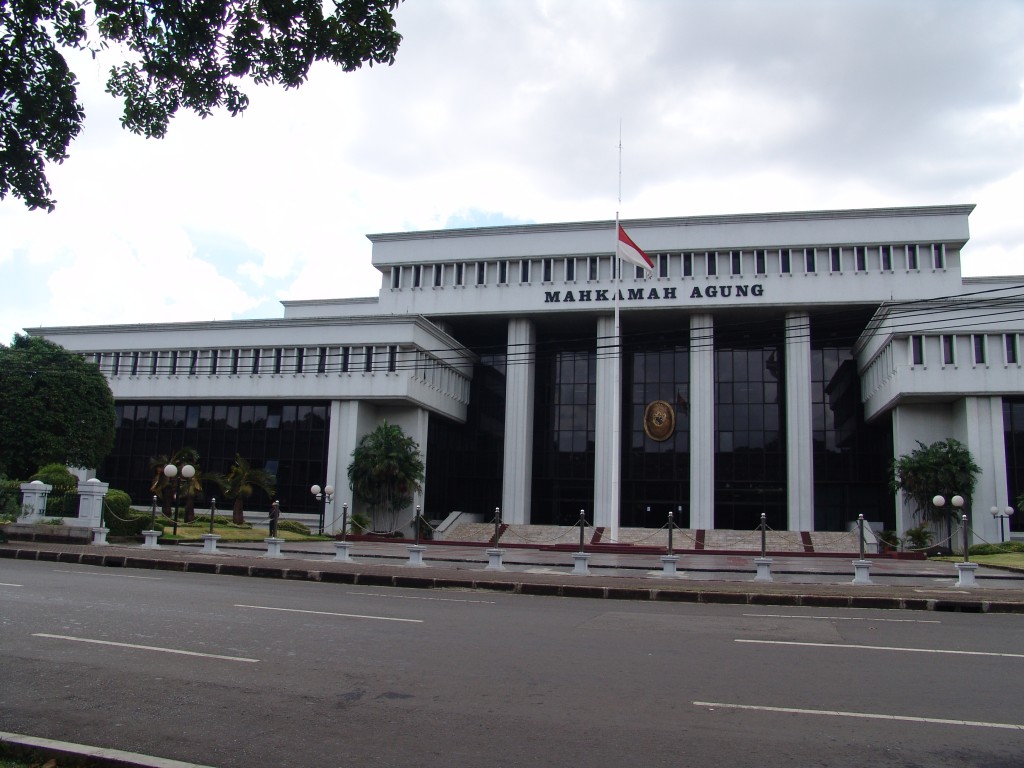 By Vincent Ariesta Lie, Yohanes Masengi, Hilda Leswara, Makarim & Taira S.
By Vincent Ariesta Lie, Yohanes Masengi, Hilda Leswara, Makarim & Taira S.
The presidential election is over and the incumbent president of Indonesia, Joko Widodo, known familiarly as ‘Jokowi’, has officially been re-elected for the 2019-2024 term.
In his election campaign, Jokowi declared nine missions, from which we know that his second-term administration’s target in the rule-of-law area for the next five years is to ensure a corruption/illegal levies-free, dignified and reliable legal system, through among other measures, continuing the reform of the legal system and law enforcement, and making sure that there is no conflict between the laws and regulations as well as deregulating certain areas as necessary.
Boosting investment and simplifying bureaucracy
Through his previous term’s programme, Jokowi was determined to improve the investment climate and ease of doing business in Indonesia by simplifying regulations related to investment. In 2017, Jokowi issued Presidential Regulation No. 91 of 2017 on The Acceleration of Business Implementation (PR 91/2017) through which he introduced the Online Single Submission (OSS) licensing system. Later, Government Regulation No. 24 of 2018 (GR 24/2018) on Integrated Electronic Licensing Services for Business was issued as the implementing regulation of PR 91/2017.
The OSS system was a breakthrough online based programme, aimed at unifying the licensing system through an online one-stop service. Previously, investors had to manually hand deliver applications to different institutions or ministries for their business licences and it could take weeks or even longer. Now, through the OSS system, it is expected that investors can obtain a licence within two hours of submitting the application online. Therefore, investors can now save time and money when starting up a business. The OSS system should also help to minimise corruption by reducing bureaucracy. For these reasons, the OSS system is expected to boost both domestic and foreign direct investment in Indonesia.
Although investors have welcomed the OSS system, some practical problems have occurred in its implementation. One of the biggest problems is that central and regional government licensing has not been integrated fully and some licensing which was transferred to the OSS system under GR 24/2018 is still considered to be under the regional government’s authority under Law Number 23 of 2014 on Regional Governments (Law 23/2014), which has caused conflict or “disharmony” between regulations. Recently, the Minister of Law and Human Rights (MOLHR) issued Regulation Number 2 of 2019 on The Resolution of Non-Harmonised Regulations through Mediation (Regulation 2/2019), allowing individuals and groups of individuals, institutions/agencies/ministries/non-ministerial government agencies/regional governments and public/private legal entities to submit requests to the MOLHR to resolve any lack of harmony between regulations through mediation. The regulations that may be reviewed are limited to ministerial regulations, non-ministerial government agency regulations, non-structural agency regulations and regional regulations. The outcome of the mediation may be either an agreement between the parties or a recommendation if no agreement can be reached. We expect to see further developments and more coordination in this area in the future.
In addition to improving the licensing process, the government is currently preparing a new draft negative list of investment to replace Presidential Regulation No 44 of 2016 on The Investment Negative List (PR 44/2016). Although this new draft has yet to be released, according to the Economic Policy Package of the Coordinating Ministry of the Economy for the third week of November 2018, the proposed new negative list will increase Indonesia’s attractiveness and competitiveness, which can be a selling point for expanding new sources of investment and developing economic activities. Apparently, under the new negative list the number of restricted business fields will be reduced.
Infrastructure, infrastructure, infrastructure
Jokowi is also determined to boost economic growth by developing major infrastructure, which he is known to be focused on.
To meet the infrastructure development financing needs, in 2017, through the National Development Planning Board (Bappenas), the government introduced Non-Government Budget Investment Financing as an alternative financing scheme for infrastructure projects.
What to expect?
On July 14 2019, as the elected president, Jokowi delivered a speech on Indonesia’s vision for the next five years. Jokowi’s speech has several main points, including the continuation of infrastructure development, the elimination of investment barriers and reform of the bureaucracy. In his speech, Jokowi stated that besides continuing to build new infrastructure, he is also determined to integrate new and existing infrastructure. Clearly, attracting investment seems to be Jokowi’s main target as he kept repeating it in his speech. He stated that investment is a key to making new jobs available to Indonesian citizens. The president seems committed to “fight” all investment barriers, illegal levies and speeding up the licensing process. In addition, Jokowi emphasised reform of the bureaucracy, promising to check and control the licensing process himself and to close any unhelpful or problematic institution.
What we can expect now that Jokowi has been re-elected as the president of the Republic of Indonesia is first, that the investment service will grow in sync with the previous programme and regulations; second, despite the snags in the full implementation the OSS system, the government will continue to make every effort to continually improve the OSS system until it can operate fully as planned; and third, Jokowi will continue pushing the construction of infrastructure to achieve equitable economic development.
![]()
E: vincent.lie@makarim.com
E: yohanes.masengi@makarim.com
E: hilda.leswara@makarim.com
E: info@makarim.com
T: (62) 21 5080 8300
F: (62) 21 252 2750























 Makarim & Taira S. (Old)
Makarim & Taira S. (Old) Rahayu Ningsih Hoed
Rahayu Ningsih Hoed







